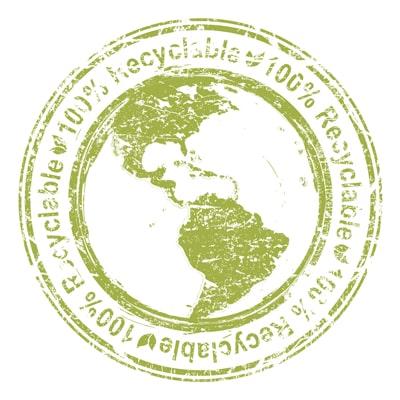New Yorkers Encouraged to Recycle Food for Composting
- June 27 2013
- 3 min read
New Yorkers Encouraged to Recycle Food for Composting

A program is underway in New York with the goal to recycle food, in turn cutting down the waste that goes into the landfill. The program that is expected to go full swing by 2016 would require New Yorkers to separate food waste for composting. This is a voluntary program that is expected to include 100 apartment buildings and 15,000 single-families.
Details of the Recycle Food Program
The recycled waste food will be used to generate energy or could be used as compost for gardens. The program in the past was successful in public schools as well as in Staten Island and is now on its way to expansion to include more New Yorkers. Of the city's total annual waste, 35 percent or approximately 1.2 million tons is transported to landfills which are very expensive at $80 per ton.
It costs much less to convert waste to natural gas or fertilizer. It is expected to divert 30 percent landfill waste in the next four years. NY residents according to the program will deposit food scraps which will be picked up by garbage trucks. Currently, the waste will be composted but later a plant to convert scraps into fertilizer and gas will be set up.
Over $300 million is spent annually to dispose 3 million tons of waste by the sanitation department. The goal of doubling the diversion rate was set in 2012 January. By this year end officials hope to include about 25000 residents in the program along with continued expansion.
About 90 schools in Manhattan and Brooklyn also participated in the food recycling program. The diversion rates in Manhattan and Brooklyn schools increased to 34 and 38 percent respectively from 15 percent each earlier. With 8.4 million residents, New York would become the largest city to run this program.
Role of the Community With the Use of Recycle Food
Communities have a great role to play in the use of eco friendly promotional items and waste reduction. Waste reduction and recycling promote efficient use of energy and natural resources apart from saving costs in addition to reducing pollution. However, when large groups of people join a community-wide effort at recycling and waste reduction there is much greater impact than individual efforts.
Additionally, eco friendly approaches to dealing with waste and conservation of resources require collaborative effort from a community rather than individual effort. So, the role of collective effort is quite critical to the success of such programs.
Gain access to Orders, Tracking, Custom Options and Much More!